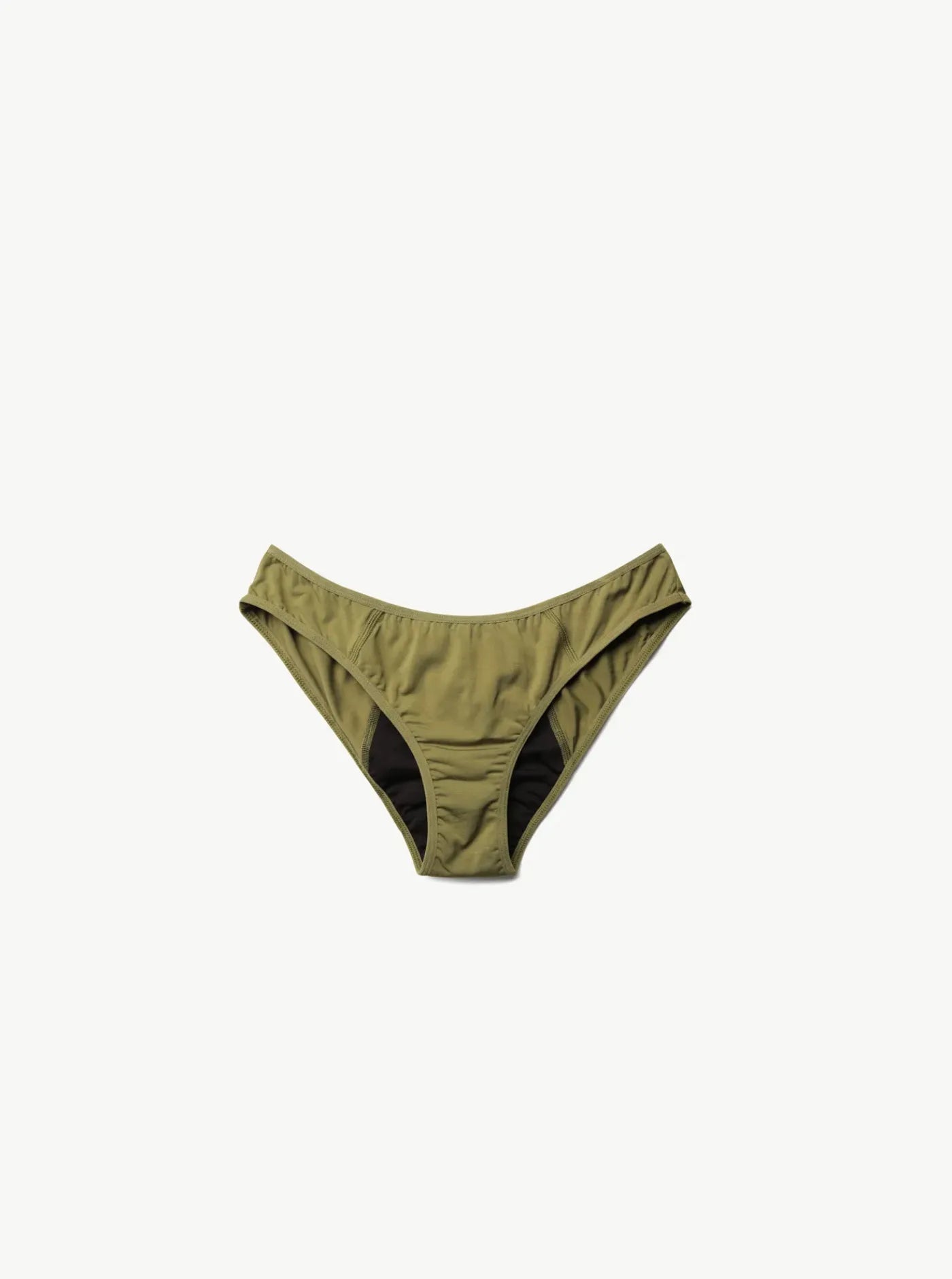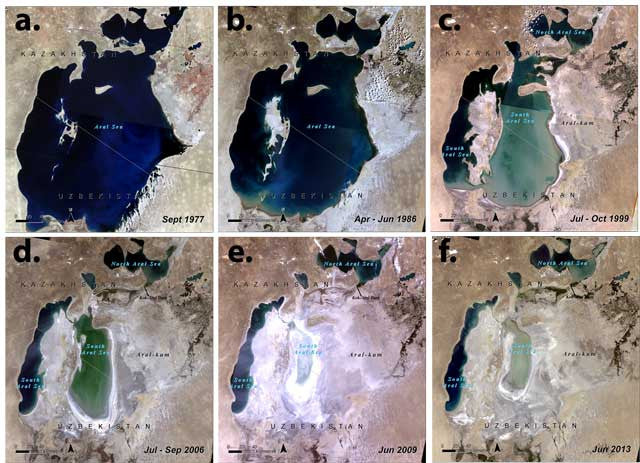Organic or not, the production of cotton is in no way close to being a sustainable fabric with one of the biggest issues in the environment today being the decline in clean freshwater...
Producing 1kg of cotton consumes 20,000 litres of water. In other words, this 20,000 litres of water cannot be used for anything else because it has either evaporated or is too contaminated for reuse.
India’s extensive groundwater resources are also rapidly being depleted, with 58% of wells in the drier north-west India experiencing declining water levels. By 2030 demand will outstrip supply by 50%, according to the World Resources Institute.

The Earth Is Drying Up
Every t-shirt that gets made is costing the earth 2,700 litres of clean water!
Each year, over two billion t-shirts are sold worldwide!
The fashion industry is a massive consumer and polluter of our fresh water. And one of the biggest culprits is cotton. Despite only occupying 2.4% of the world’s cropland, cotton accounts for 24% of the world’s insecticide use and 11% of pesticides. Toxic chemicals washing into waterways and entering the ecosystems, is becoming a major source of pollution, especially in developing countries.
It’s estimated that around 20% of industrial water pollution in the world comes from the treatment and dyeing of textiles, and about 8,000 synthetic chemicals are used to turn raw materials into textiles. Each year, textile companies discharge millions of gallons of chemically infected water into our waterways. It’s estimated that a single mill can use 200 tons of fresh water per ton of dyed fabric. So not only does this consume water, but the chemicals pollute the water causing both environmental damage and diseases throughout developing communities.
In the developing world, where the majority of our manufacturing takes place, factories and textile mills are located directly along or close by waterways such as rivers and canals. These factories use 1.5 billion cubic metres of freshwater each year. In places like Dhaka, Bangladesh, the water is so polluted at times, it isn’t even safe for livestock. Many industries and households that rely on fishing and farming to make a living are now suffering as a result of the lack of freshwater.
Even though certified organic cotton is grown without the use of synthetic pesticides, insecticides and fertilisers, which means it won't be contributing to water pollution, it does still use vast amounts of water and land to grow the crop.
What Can We Do?
Did you know that if we extend the lifecycle of our garments (especially our cotton garments) by nine months, we can reduce the water footprint of our clothing by about 5-10%?
Why we made the change to bamboo?
- No pesticides, insecticides or fertilisers are used in the growing
- Uses only rainwater to grow compared to cotton which uses up to 2700 litres of water for a single t-shirt
- Doesn't need vast lands to grow as it can grow very densely
- Produces 30% more oxygen & absorbs more carbon dioxide than trees
- Grows up to a metre a day with some species growing up to 30m tall
- New stems can be harvested again and again making bamboo one of the most sustainable raw materials in the world









